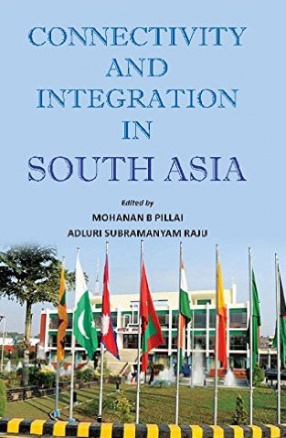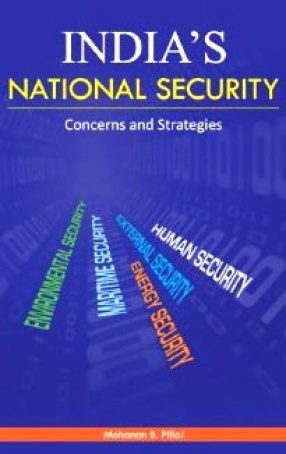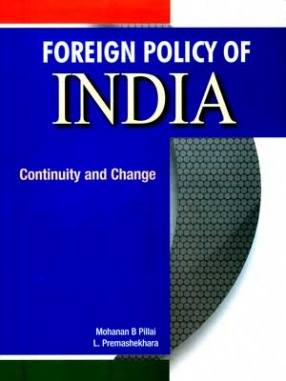
Showing all 3 books

The contributors to the volume focus on the problems faced by South Asian countries and suggest solutions to improve economic cooperation between countries. They examine the challenges to the region which include a low gross domestic product, disparities at various levels, extremism, insurgency, absence of collective identity and inter-state conflicts over boundaries that have resulted in instability and insecurity. Based on an international seminar, the papers ...

Security is an important component of the way international relations are played out. After independence in 1947, India followed a policy of non-alignment to protect and promote the interests of the newly born nation. India's security concerns at that time revolved around the threats emanating primarily from Pakistan, although China was also perceived as a threat to India's national security. However, the age of neo-liberal globalization has added additional ...

Professing and practicing non-alignment has been the hallmark of India's foreign policy since independence in 1947. The initiative for Non-Aligned Movement (NAM)--the biggest independent and informal association of countries on a sui generis basis-came from three nations, viz. India, Yugoslavia and Egypt, represented by the three statesmen Jawaharlal Nehru. Joseph Tito and Gamal Abdel Nasser respectively. From its modest beginnings at the Belgrade Conference ...
